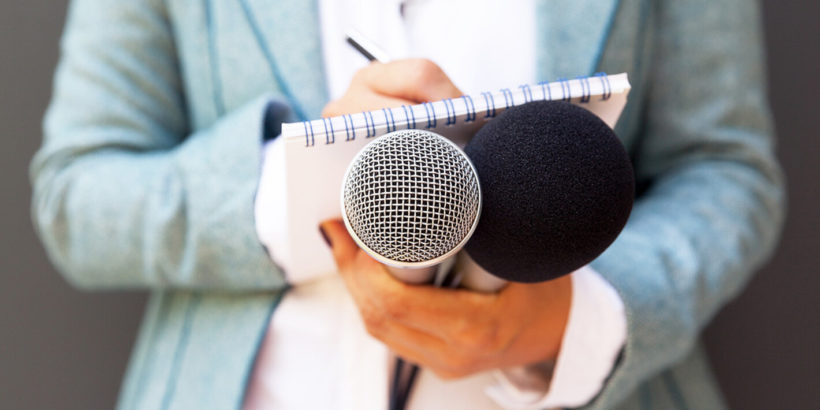No democratic system is sustainable without real freedom of expression.
Few actions arouse greater fear in political and economic circles than the exercise of critical, independent, ethical and uncompromising journalism. This is why the visceral reactions of certain governments mired in corruption have escalated to the point where journalism has become a severe risk of persecution, harassment and, in many cases, the death of those who have dared to cross the line of what is tolerated by the mafias in power.
There is a subtle difference between freedom of expression and freedom of the press. This is because the former refers to an individual right recognised throughout the world by treaties and conventions; and the latter – i.e., freedom of the press – includes in its concept the sovereign right of peoples to be truthfully and comprehensively informed about every act, decision and commitment of those who hold the helm of the institutional and legal life of their nations and about events of social and cultural interest.
Therefore, the attacks perpetrated by the most powerful sectors in our countries against these freedoms, already enshrined in their respective constitutional texts, is a violation and a crime committed against the very basis of the democratic system they have sworn to respect. In recent decades, it has also been observed how the majority of the mass media – in their corporate capacity and totally alien to their journalistic spirit – have bowed to the plans of the most powerful sectors and act as a political entity and a reproducer of slogans and falsehoods towards the broadest sectors of society.
As a result, independent and dignified journalism has been confined to smaller and smaller platforms, thanks to weak and precarious sources of funding. The result of this strategy to silence the ethical press is one of the great achievements of governments and business sectors allied in a pact of corruption and silence.
However, the reaction of those who try to safeguard the integrity of journalistic practice, even when it clashes with huge corporate interests and opaque political pacts, shows once again that it will not be easy to silence the press, because not only fragile democracy depends on it, but also citizen security in the face of intimidating acts by the armed bodies of the state and the criminal acts of its authorities.
A Unesco study revealed the agency’s great concern about the risk involved in the exercise of the profession, referring specifically to Latin America as the region where most journalists are murdered. UN Secretary-General Antonio Guterres also said: “When a journalist is attacked, the whole of society pays the price. If we fail to protect journalists, our ability to keep informed and make informed decisions is severely hampered. When journalists cannot do their work in safety, we lose an important defence against the pandemic of misinformation and disinformation that has spread across the Internet”. In addition, impunity for the murder of journalists is 9 out of 10 cases and persecution often extends to their family circle.
These statements by the Secretary General do not prevent the concerted attack between sectors of power on those who have decided to stand firm in their desire to investigate, disseminate and shed light on acts of public interest, the same acts that powerful entities insist on keeping in the shadows. Therefore, it is the citizens, as victims of this attack on their freedom of access to information, who must remain vigilant and demand an end to the harassment of professionals who risk their safety and their lives to keep them properly informed.
The most dangerous thing for democratic stability is the silence of the press.










